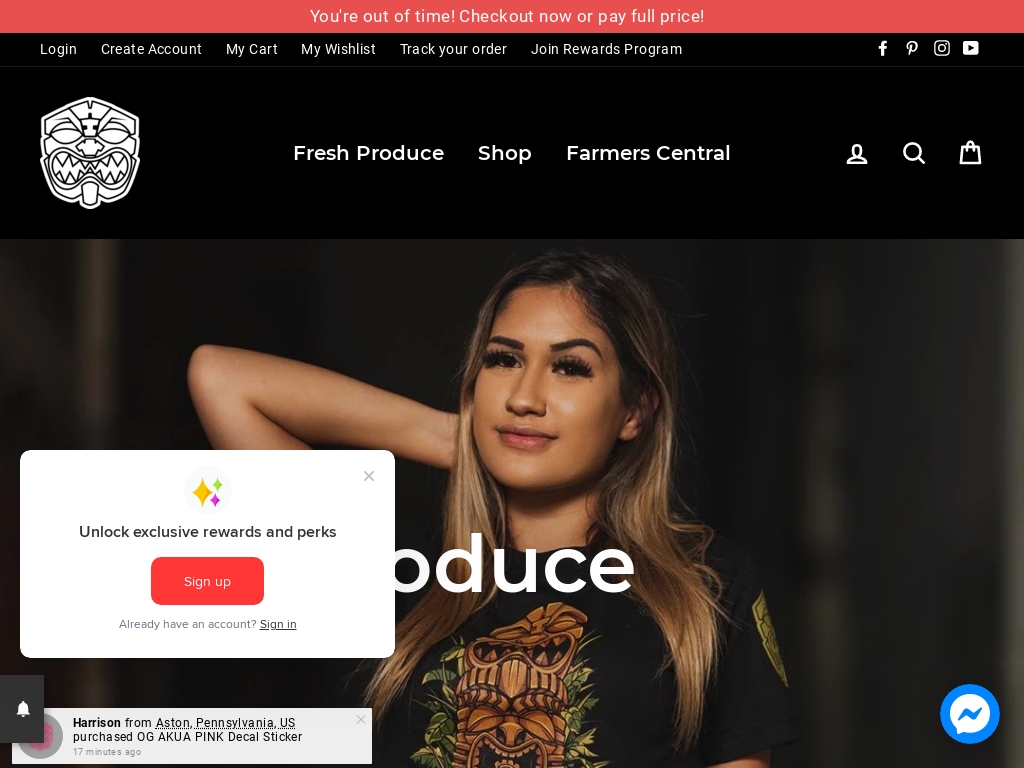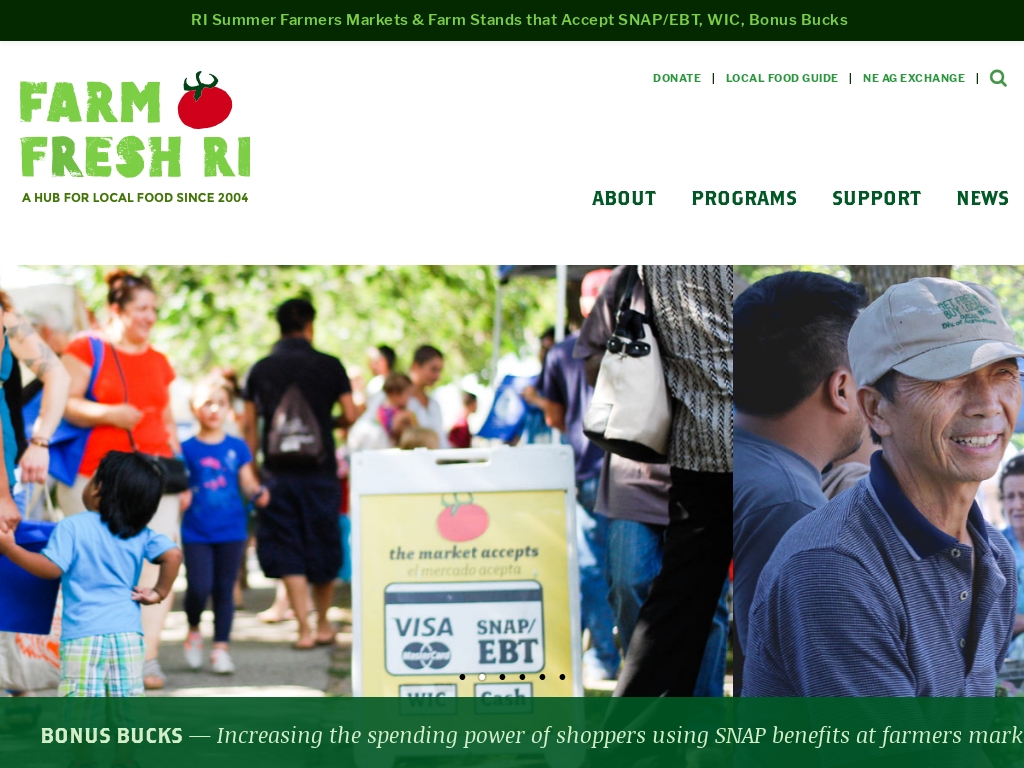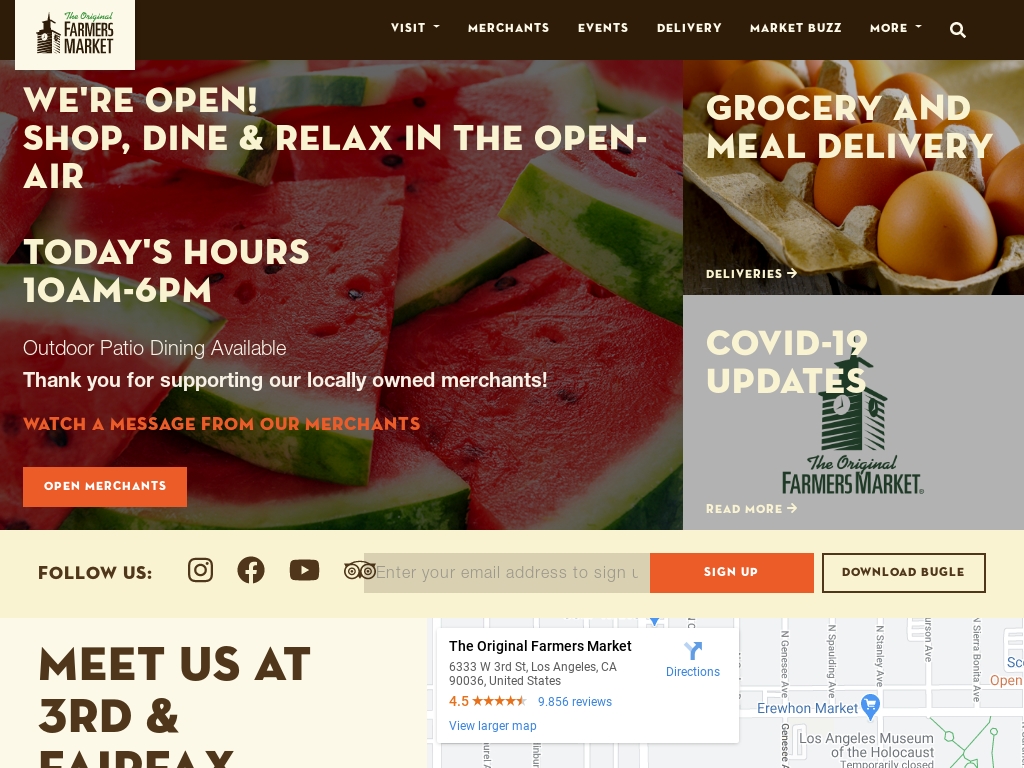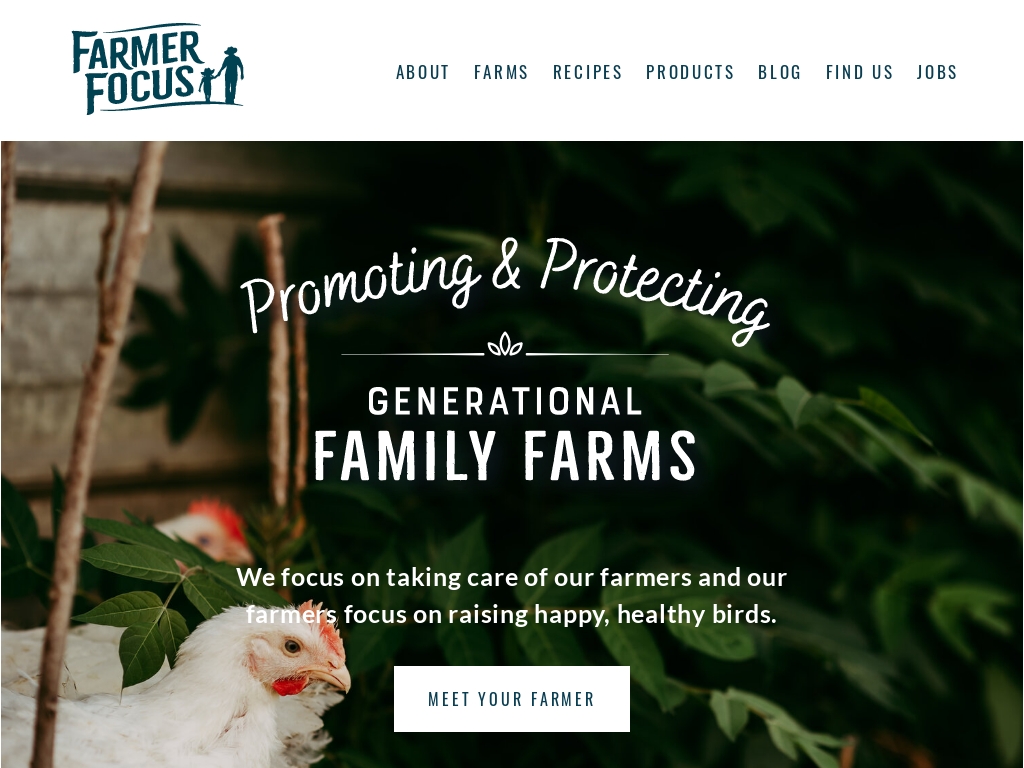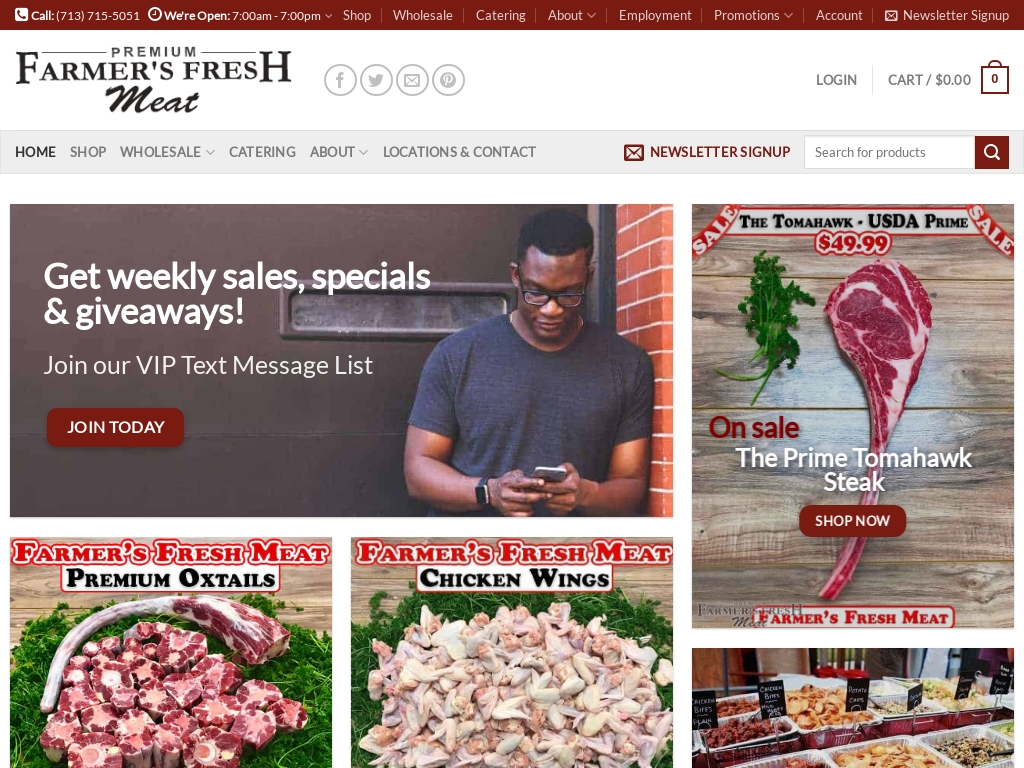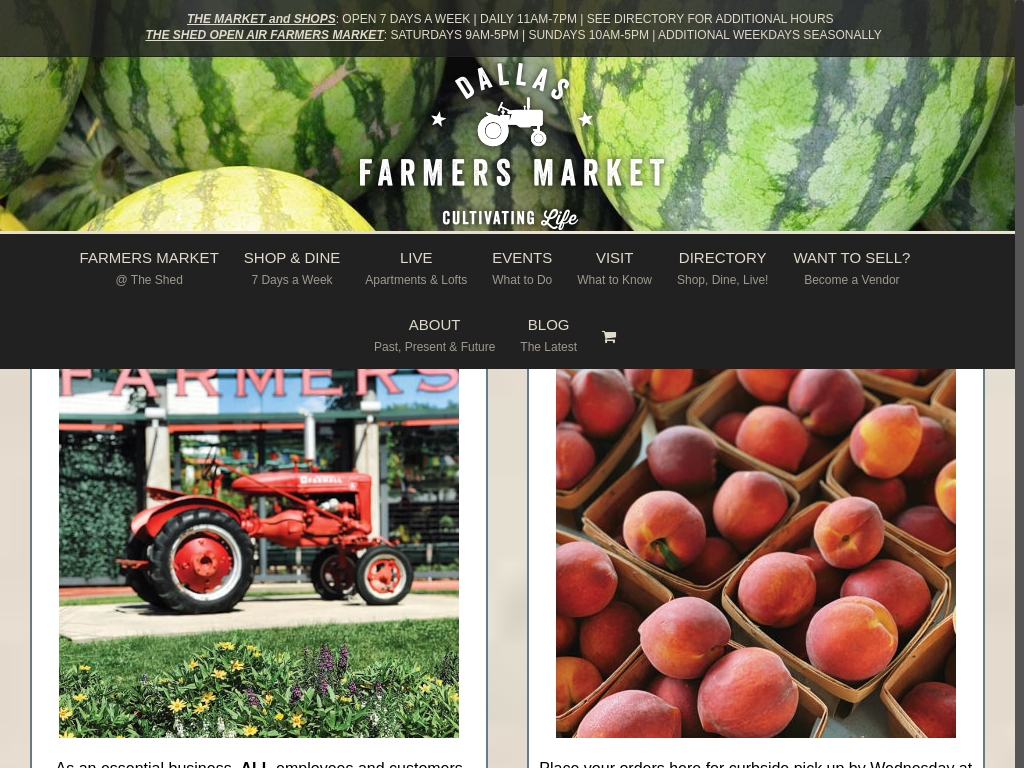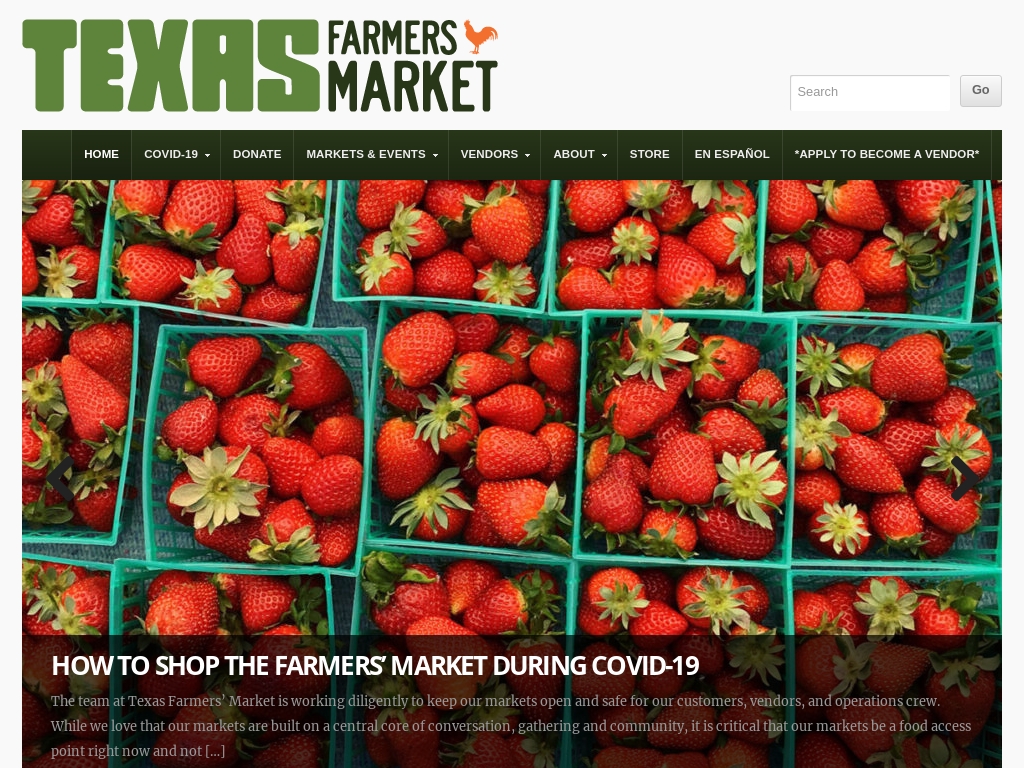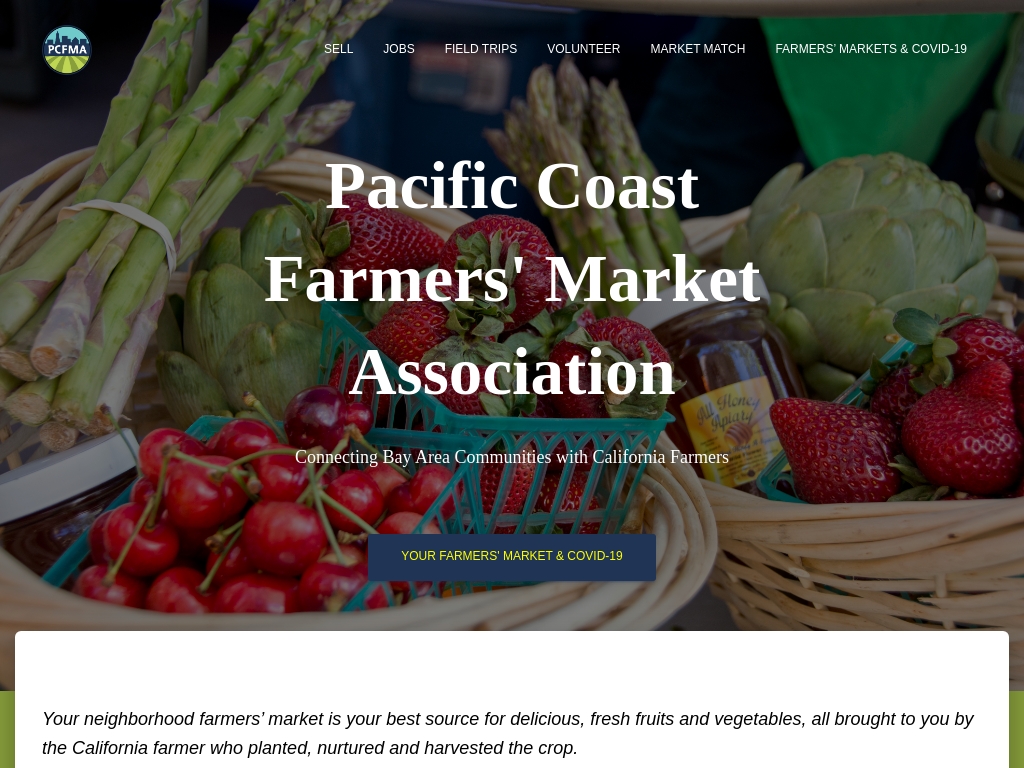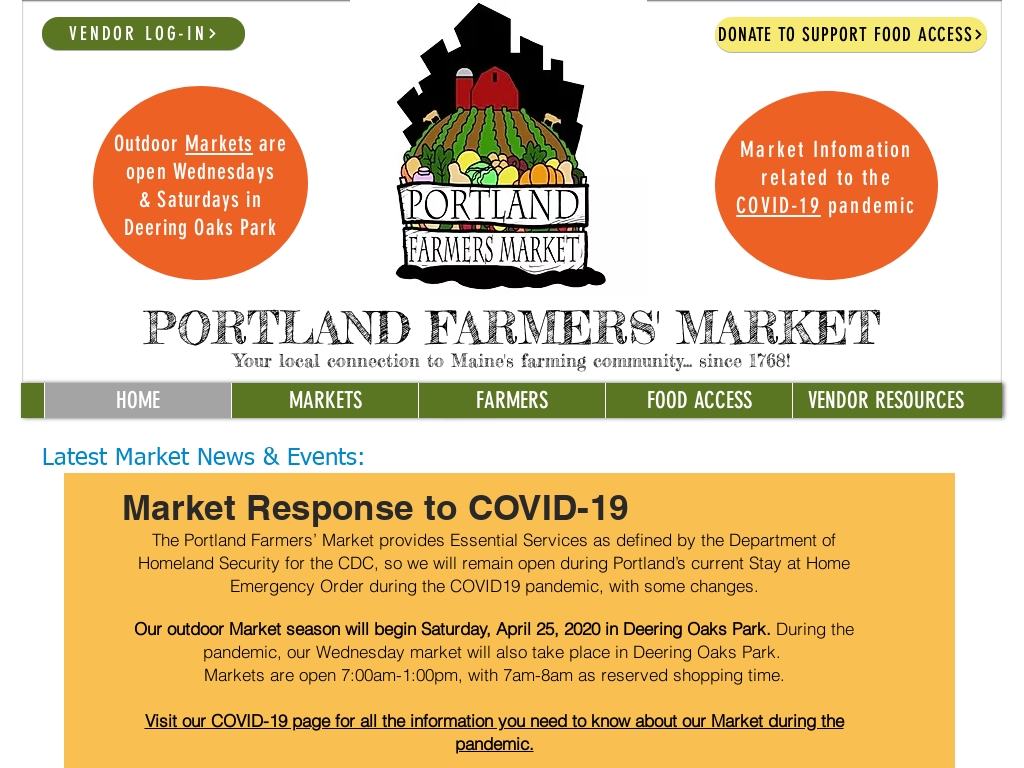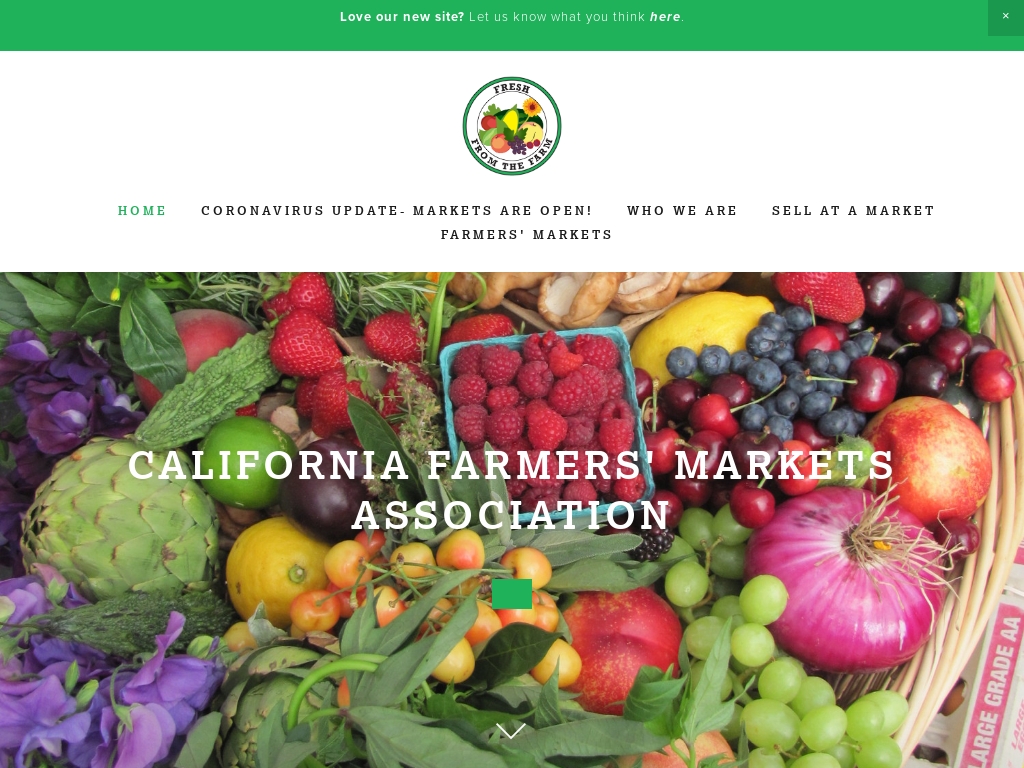Start A Farmers Market - Business Ideas
Please note that the data provided in this article are estimates and may vary depending on various factors, and should not be considered as perfect or definitive.
Farmer’s markets offer small businesses and farmers the chance to sell their products. The farmers’ market has become crucial to rebuilding local food systems and meeting the growing demand for locally produced food. A farmers’ market can be a successful business venture in your area if located strategically.
Starting a farmers market requires a great deal of effort, dedication, and most importantly passion.
If you're interested in how to sell food, or selling food online, you can use this page as a guide for everything you'll need to know.
Key Stats
Startup Costs
| Min Startup Costs | Max Startup Costs | |
|---|---|---|
|
Equipment & Supply Expenses |
$66 |
$1,200 |
|
Retail Business Expenses |
$1,250 |
$11,650 |
|
Inventory Expenses |
$350 |
$14,750 |
|
Advertising & Marketing Costs |
$75 |
$9,636 |
|
Software Expenses |
$0 |
$425 |
|
Website Costs |
$13 |
$215 |
|
Total Startup Costs |
$1,754 |
$37,876 |
Successful Businesses
| Business | URL | Rank | |
|---|---|---|---|
|
|
SPROUTS |
sprouts.com |
26,828 |
|
|
Farmers Market Hawaii |
farmersmarkethawaii.com |
198,466 |
|
|
Farm Fresh Rhode Island – A hub for local food since 2004 |
farmfreshri.org |
724,486 |
|
|
Farmers Market L.A. |
farmersmarketla.com |
800,867 |
|
|
Farmer Focus |
farmerfocus.com |
919,212 |
|
|
Farmer's Fresh Meat: Houston Meat Market & Butcher Shop |
farmersfreshmeat.com |
1,139,655 |
|
|
Dallas Farmers Market |
dallasfarmersmarket.org |
1,155,041 |
|
|
Austin farmers markets | Farmer events in Austin | Local organic farms |
texasfarmersmarket.org |
1,201,652 |
|
|
Pacific Coast Farmers' Market Association |
pcfma.org |
1,216,280 |
|
|
Portland Farmers Market |
portlandmainefarmersmarket.org |
1,420,323 |
|
|
California Farmers' Markets Association |
cafarmersmkts.com |
1,465,025 |
Pros & Cons
| Pros | Description |
|---|---|
|
Rewarding work |
Starting a farmers market can be really rewarding work. After all, you are solving an immediate issue for your customer and you're working on something you truly care about. |
|
Meaningful business connections |
You never know who you will meet as a farmers market. This could be the start of an incredible business opportunity! |
|
Daily physical activity |
Farmers Market's typically involve a much greater degree of movement than other lines of work. Most days, you will spend your day walking, running errands for your business, and performing a multitude of tasks. This can have a positive impact on energy levels and your overall health. |
|
Amazing perks and discounts |
Working in the farmers market comes with its perks! As a seller for these products/services, you typically also get to enjoy industry perks and discounts. |
|
You are your own boss! |
With starting a farmers market, you are the one to make decisions for almost all of the operations. Calling the shots can be empowering and liberating! |
|
Local Community |
One of the best parts of starting a farmers market is that you can develop a local following by selling your products at craft shows, farmers' markets, or even local storefront businesses! This gives you access to additional revenue streams and loyal customers. |
| Cons | Description |
|---|---|
|
Crowded Space |
Competition is high when it comes to your farmers market, so it's important that you spend a good amount of time analyzing the market and understanding where the demand lies. |
|
Finding The Right Supplier |
Most businesses in this space go the supplier/manufacturer route, which isn't a bad thing! However, finding the right supplier can take a lot of time, energy and trial/error. If done properly, this process can save you months (if not years) of time and energy. More on this below in the "finding a supplier" section. |
|
Motivation of employees |
If you plan to have a sales/content team on board, finding creative ways to motivate them can be a challenge. It's important that you're able to offer great incentives and a good work environment for your employees. |
|
Low margins |
The gross margins for your farmers market are typically around 43%, which can make it more challenging to incur new expenses and maintain profitability. |
|
High employee turnover |
In the farmers market, employee turnover is often high, which can be quite costly and time consuming for your business. It's important to try and avoid this as much as possible by offering competitive pay, benefits, and a positive work environment. |
|
Taxes |
As a farmers market, you typically pay self-employment taxes which can be quite high. It's important to understand what you will be paying in taxes each year so you can determine if the work you're taking on is worth it. |
Marketing Ideas
-
1
Direct Sales
Direct sales strategy implies a direct contact between a seller and a consumer without the involvement of any third party. Direct selling is popular in sectors where sellers communicate with their clientele personally. The sales technique occurs at non-store locations which include at home, work, or online.
For direct selling to succeed, hire a few (or many) salespeople to support the sales conversion process. It's critical that you assign them specific roles and responsibilities to nurture the client and provide excellent support.
-
2
Word of mouth
Word of mouth is when a consumers reflects their interest in a company’s product or service in their daily dialogues.
Therefore, word of mouth advertising is essentially a free advertising triggered by the customers experience.
According to Nielsen, 92% of people trust recommendations from friends and family.
Therefore, in today’s hyper-connected world, a single recommendation through a word of mouth can have a huge impact to your business.
-
3
Social Media Advertising
Social media advertising is the use of social media platforms to connect with your audience with the objective to build your brand, increase sales, and drive website traffic.
According to Oberlo, approximately 48% of the global population use social media, and the number is ever-growing.
Therefore, social media allows brands access to cost-effective advertising by enabling them to interact with a large audience.

- 4,818 founder case studies
- Access to our founder directory
- Live events, courses and recordings
- 8,628 business ideas
- $1M in software savings

- 4,818 founder case studies
- Access to our founder directory
- Live events, courses and recordings
- 8,628 business ideas
- $1M in software savings

- 4,818 founder case studies
- Access to our founder directory
- Live events, courses and recordings
- 8,628 business ideas
- $1M in software savings

- 4,818 founder case studies
- Access to our founder directory
- Live events, courses and recordings
- 8,628 business ideas
- $1M in software savings

- 4,818 founder case studies
- Access to our founder directory
- Live events, courses and recordings
- 8,628 business ideas
- $1M in software savings

- 4,818 founder case studies
- Access to our founder directory
- Live events, courses and recordings
- 8,628 business ideas
- $1M in software savings

- 4,818 founder case studies
- Access to our founder directory
- Live events, courses and recordings
- 8,628 business ideas
- $1M in software savings

- 4,818 founder case studies
- Access to our founder directory
- Live events, courses and recordings
- 8,628 business ideas
- $1M in software savings

